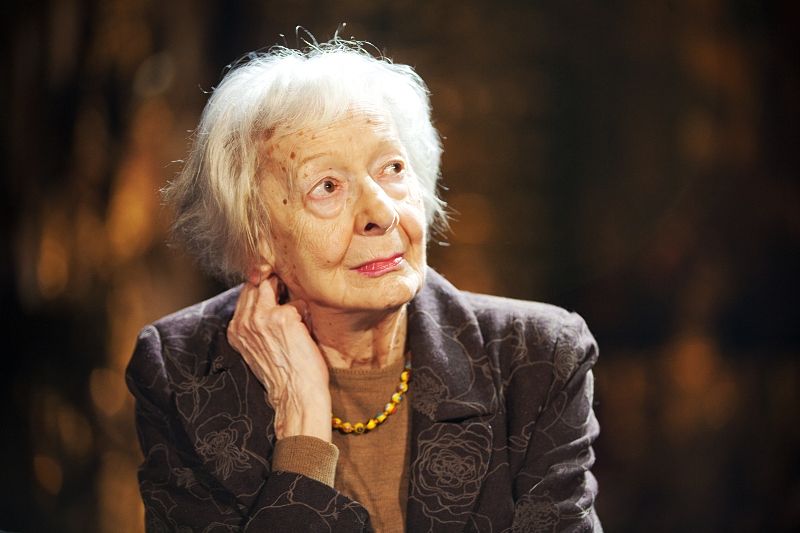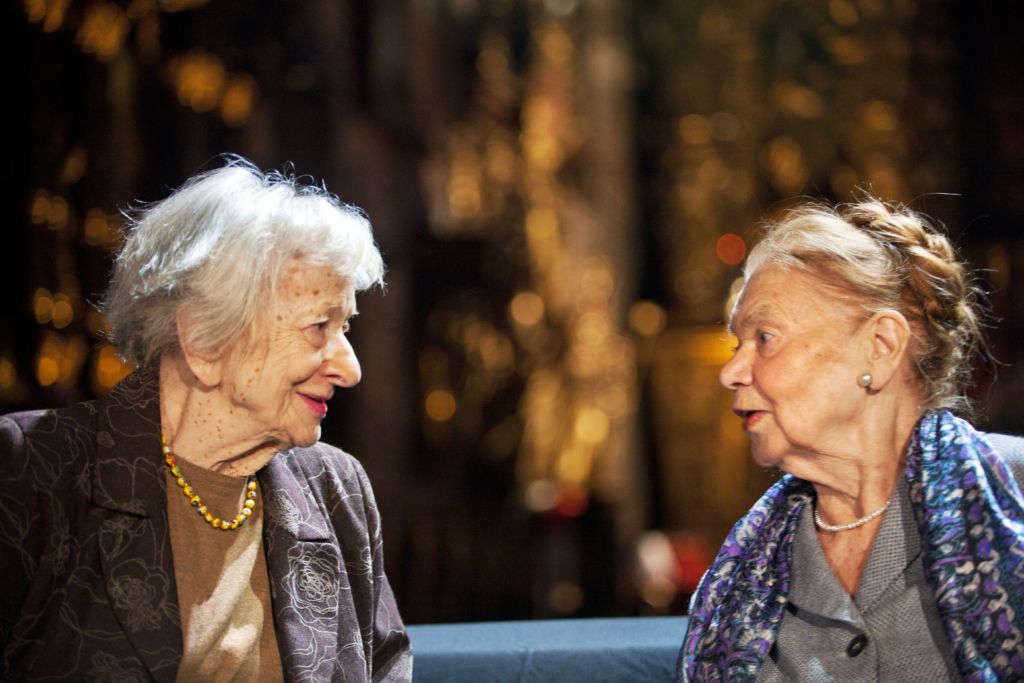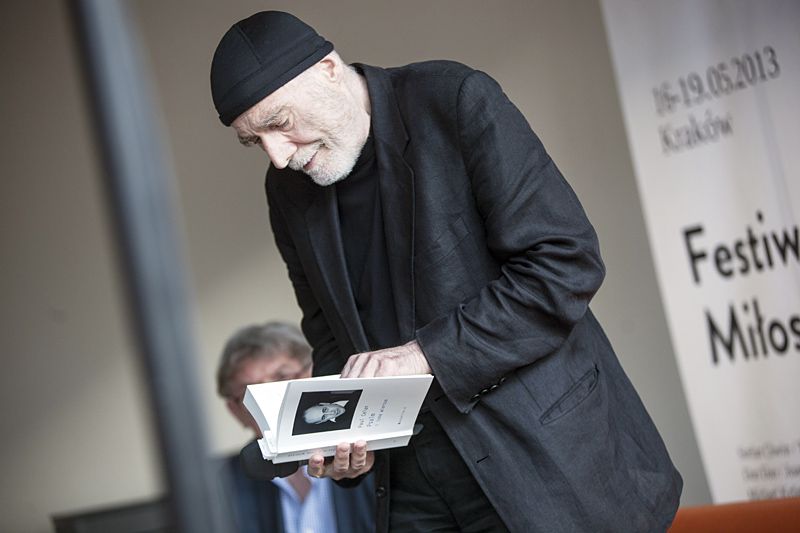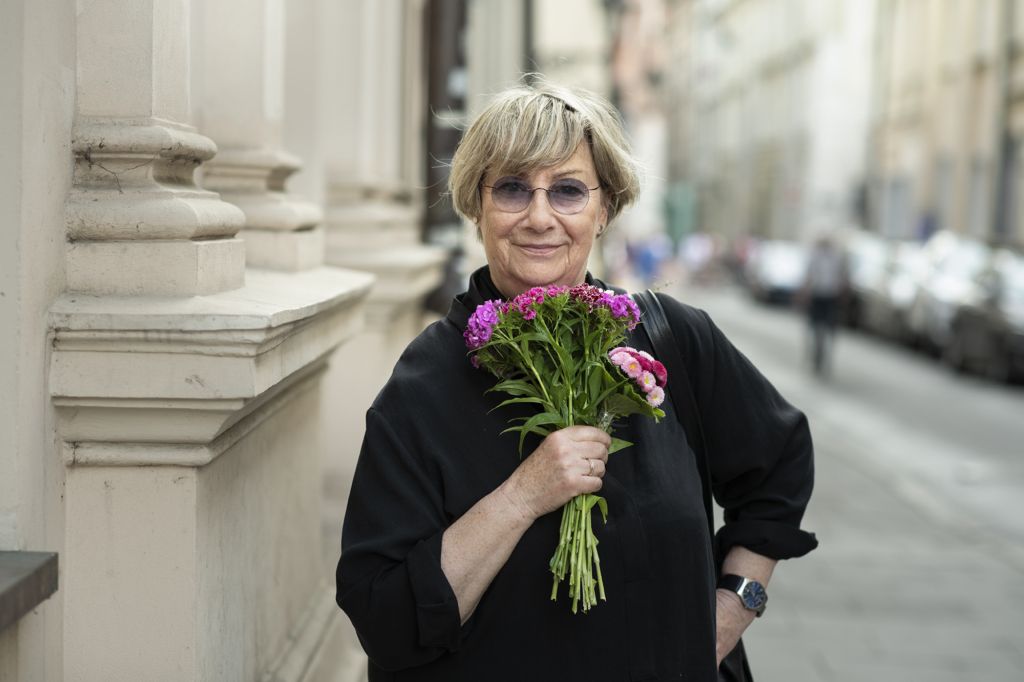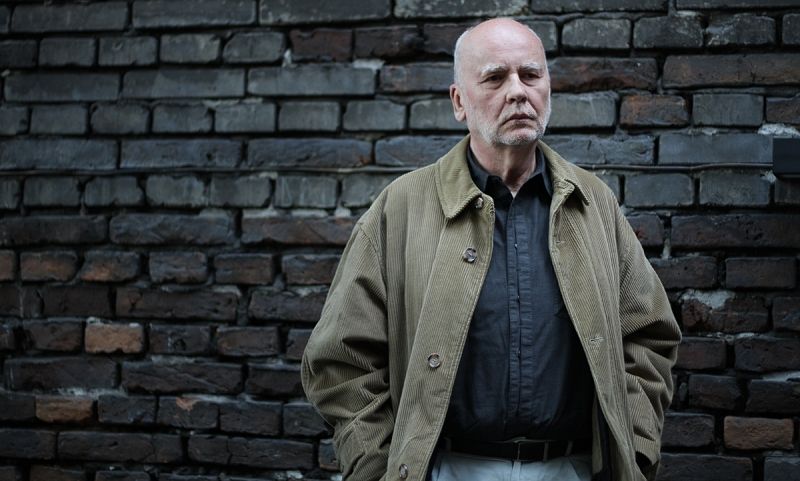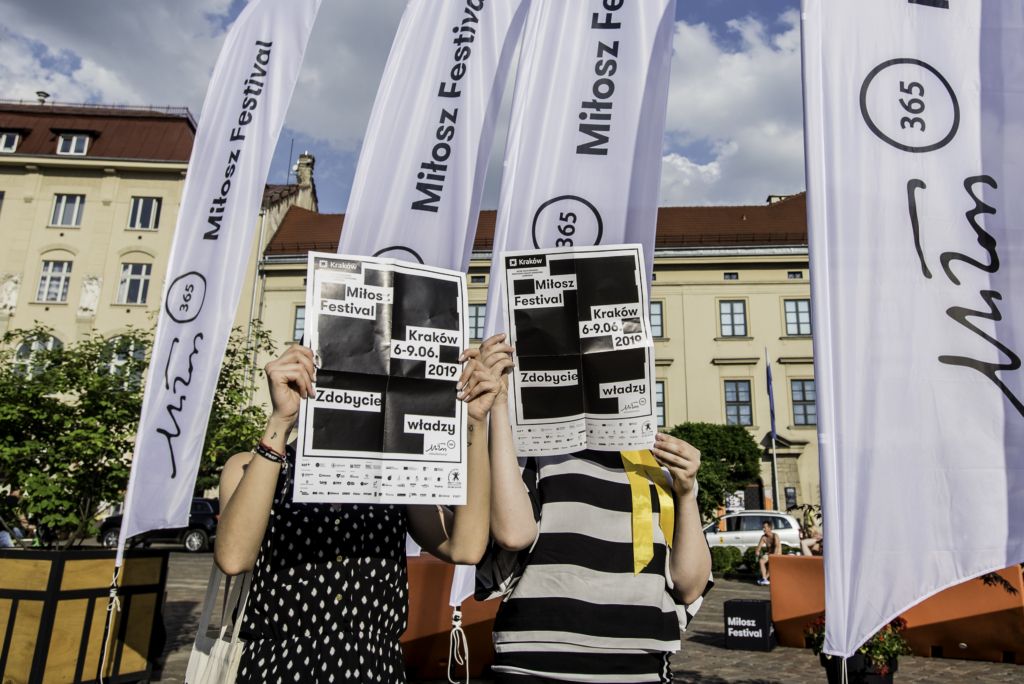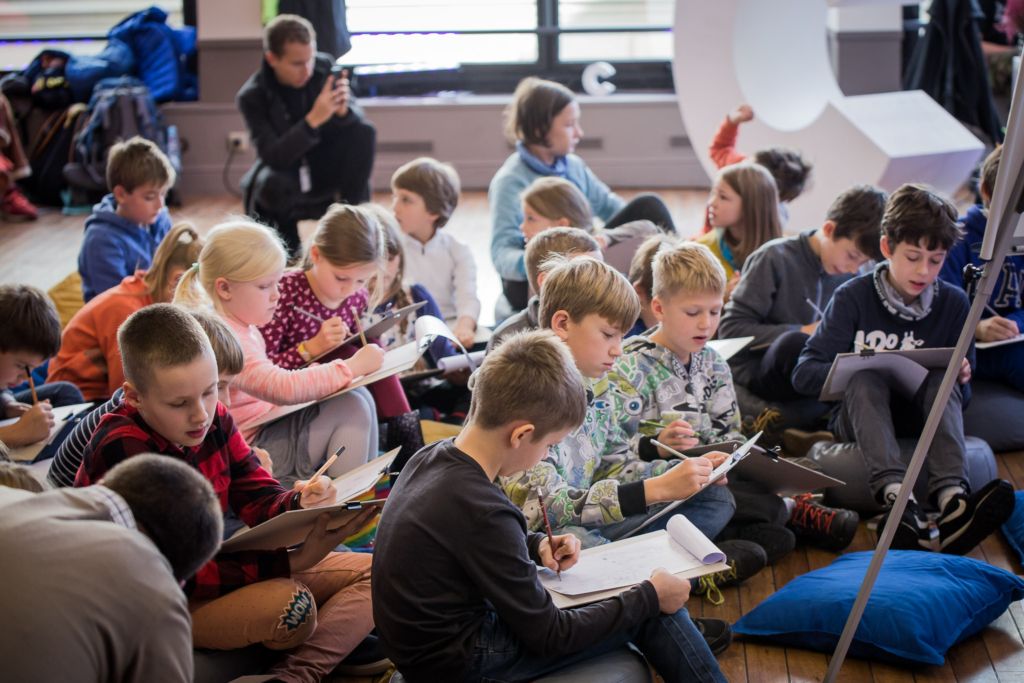 CULTURAL CAPITAL OF POLAND AND EUROPEAN CITY OF CULTURE 2000
CULTURAL CAPITAL OF POLAND AND EUROPEAN CITY OF CULTURE 2000Kraków is the most readily recognisable Polish city – the country’s cultural capital and a city of literature and poetry. In 1978, following the decision by the UNESCO World Heritage Committee, Kraków was included on its first list of the most important sites. The designation covers the Old Town, Wawel Hill and the former Jewish district of Kazimierz – the second largest such complex of Judaist buildings (after the former Jewish district of Josefov in Prague). Confirming the importance of its heritage and contribution to cultural achievements, in 2000 Kraków was also granted the title of European City of Culture.
EDUCATION
Kraków is one of Poland’s most important academic centres. It is home to 23 universities, including the oldest and most important: the Jagiellonian University (Universitas Jagellonica Cracoviensis, founded in 1364 as Studium Generale). It was the second university created in this part of Europe, after the Charles University in Prague. Kraków is home to over 130,000 students every year, taking subjects from the humanities all the way to state-of-the-art scientific and technological disciplines. Thus the city attracts and retains a wide range of talent.
CENTURIES-OLD LITERARY HERITAGE
Kraków is the cradle of Polish language and literature, it has been home to Poland’s most important writers, and it has been the melting pot of the most important literary trends across the ages. The first scriptoriums were founded in Kraków in the 11th century, and it was here that the first printed materials in Poland were produced, first in Latin and later also in Polish. The city boasts world-class library collections. Kraków is also associated with acclaimed authors such as Joseph Conrad Korzeniowski, Stanisław Wyspiański, Konstanty Ildefons Gałczyński, Tadeusz Kantor, Stanisław Lem, Czesław Miłosz, Sławomir Mrożek, Adam Zagajewski and Wisława Szymborska. Poland’s greatest Polish authors and poets are buried here, including the Romantic bards Adam Mickiewicz and Juliusz Słowacki. Kraków abounds with literary cafés, atmospheric second-hand bookshops and well-stocked indie stores many of which date back centuries.
CITY OF NOBEL LAUREATES
Several of Poland’s winners of the Nobel Prize in Literature had close ties with Kraków. Henryk Sienkiewicz, Nobel Laureate in 1905, published his acclaimed novel Quo Vadis in instalments in the Cracovian newspaper Czas. Władysław Stanisław Reymont, Nobel Laureate in 1924 and author of The Promised Land and The Peasants, was a regular visitor to Kraków. The 1980 laureate Czesław Miłosz, acclaimed poet, prosaist and essayist, author of The Captive Mind and Native Realm, chose to spend his later years in our city. Wisława Szymborska, author of poetry volumes such as Calling Out To Yeti and People On The Bridge, lived in Kraków most of her life; she was awarded the literary Nobel in 1996.
CITY OF POETRY
Kraków’s literary legend continues to be shaped by contemporary poets. Kraków was a capital of literary Modernism and Futurism; it is home of avantgarde poetry and a hub of activity of groups representing the most creative trends in modern poetry in Poland and around the globe. It is currently home to several hundred poets. The incredibly popular poetry evenings and salons attract vast numbers of listeners and readers. Poets have a status of local heroes, while young lyricists take part in numerous competitions. The Kraków 2000 Festival featured the acclaimed Meetings of Poets of the East and the West, organised by Cracovian Nobel laureates Wisława Szymborska and Czesław Miłosz. Today, popular events include launches of poetry volumes, benefit events, poetry marathons and the Poetry Night launched in 2011. Kraków is also home to Poland’s largest celebration of poetry: the Miłosz Festival.
LITERARY FESTIVALS
Kraków hosts Poland’s most important literary festivals: Miłosz and Conrad festivals. Acclaimed authors from all over the globe flock to Kraków every year to join a select group of local writers, poets and reporters. The festivals are recognised the world over, serving as symbols of international celebrations of literature. Meetings with authors are accompanied by academic conferences, debates, concerts and meetings with translators and publishers, while the Kraków Book Fair – Poland’s largest event of its kind – is held in parallel with the Conrad Festival.
LIBRARIES, COLLECTIONS
Kraków was Poland’s first city to hold scriptoriums, libraries and printing houses. It is currently home to dozens of libraries: as well as the Kraków Library with its dozens of branches, there is the popular Voivodeship Public Library and academic and university libraries. Kraków’s largest and most important library, with traditions dating back centuries, is the Jagiellonian Library amassing the most important manuscripts and masterpieces written in Polish alongside global literature. It also provides a complete archive of all Polish works published at home and abroad. The former city arsenal now holds the collection of the Czartoryski family, including priceless treasures of Polish literature including a collection of Europe’s oldest manuscripts and early prints. Kraków’s archives hold unique examples of European literature, including manuscripts and incunabula of unimaginable diversity and significance. Academics flock to the libraries of the Polish Academy of Arts and Sciences and the Polish Academy of Sciences, while young people praise the Voivodeship Public Library – one of Poland’s most modern and best equipped collections of books. The Małopolska Art Garden has the multimedia Arteteka showcasing the art of books and literature in its latest embodiments.
